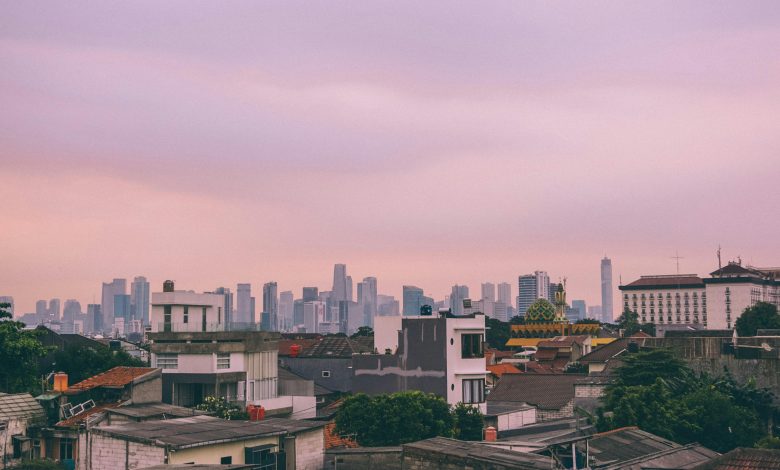Special Economic Zone (SEZ) in Indonesia

Understanding Special Economic Zones (SEZs) in Indonesia: Opportunities and Impact
Indonesia’s Special Economic Zones (SEZs), or Kawasan Ekonomi Khusus (KEK) in Indonesian, are part of the country’s strategy to boost economic growth, attract foreign investment, and create jobs. These zones offer tax incentives, streamlined licensing, and custom advantages to businesses willing to invest in targeted areas.
What Are SEZs?
SEZs are designated areas within Indonesia where economic regulations are different from the rest of the country. They are designed to attract domestic and international investment by reducing bureaucratic barriers and offering incentives. The goal is to accelerate development in less-industrialized regions, promote exports, and diversify the economy.
Key Features of Indonesia’s SEZs
-
Incentives for Investors
Companies operating within SEZs benefit from corporate income tax reductions, exemptions from import duties, and simpler business licensing. Some zones also offer infrastructure support and labor-related incentives. -
Sector-Specific Focus
Each SEZ typically targets specific industries—like tourism, manufacturing, logistics, or digital services—tailoring infrastructure and support to those sectors. -
Strategic Locations
Indonesia’s SEZs are spread across various islands, including Sumatra, Java, Kalimantan, Sulawesi, and the eastern provinces. These zones are often located near ports or borders to facilitate trade and logistics.
Examples of Notable SEZs
-
Mandalika (West Nusa Tenggara): Focused on tourism, this SEZ is part of Indonesia’s effort to boost its global tourism profile, hosting major events like MotoGP.
-
Batam, Bintan, and Karimun: These areas near Singapore are hubs for manufacturing, shipbuilding, and logistics.
-
Morowali (Central Sulawesi): A major center for the nickel and stainless steel industry, benefiting from high global demand for electric vehicle components.
Impact and Challenges
SEZs have created thousands of jobs and attracted billions in investment. However, they also face challenges like infrastructure delays, land acquisition issues, and regulatory overlap between central and regional governments. To improve effectiveness, the Indonesian government continues to refine policies, improve transparency, and partner with the private sector.
The Road Ahead
With global supply chains shifting and Southeast Asia gaining attention as an investment destination, Indonesia’s SEZs are well-positioned to play a critical role. For investors looking to enter the Indonesian market, SEZs offer a compelling entry point—combining opportunity, support, and strategic location.
Conclusion
Special Economic Zones in Indonesia are more than just industrial parks—they’re engines of growth with real potential. As the government continues to enhance their effectiveness, SEZs will likely become even more important in shaping Indonesia’s economic future.



